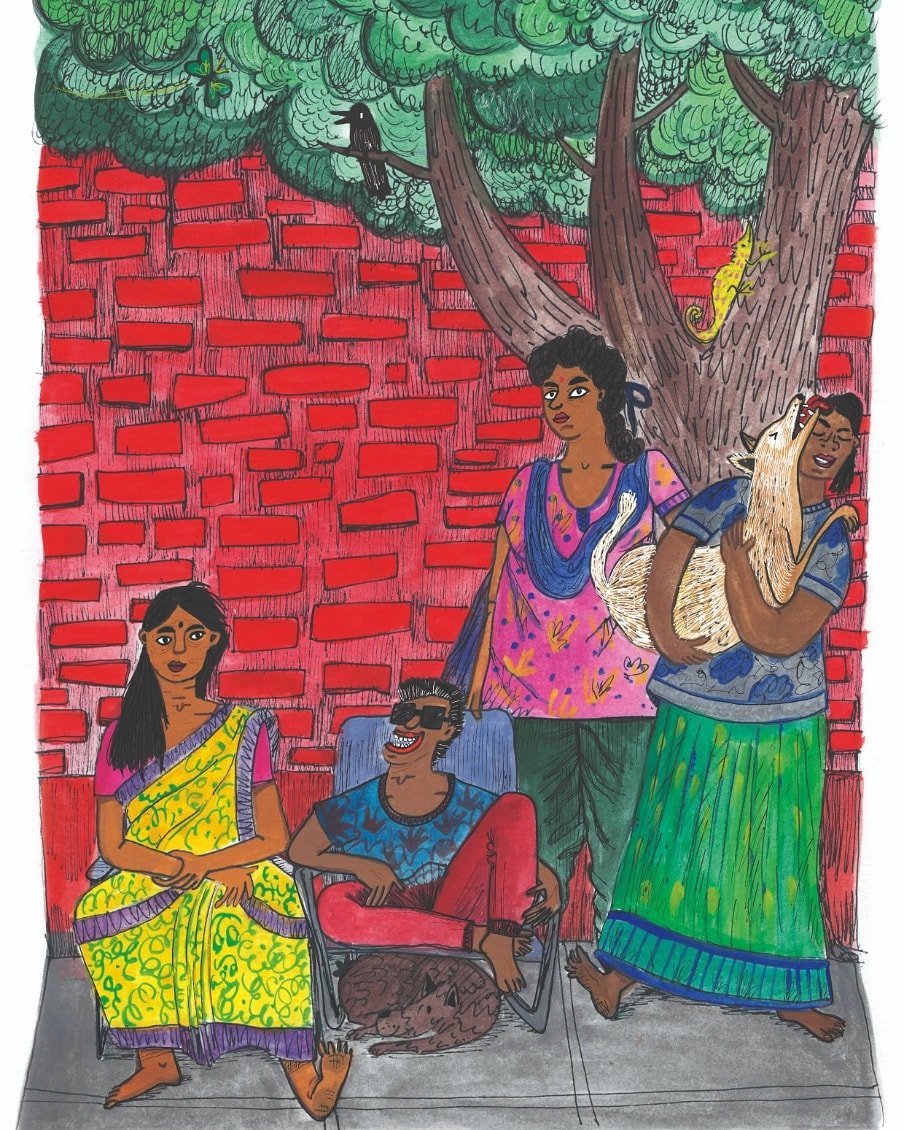
#GoodPeopleDoingGoodWork—a series recognising solidarities & collective power as essential to our collective wellbeing through crises & beyond.
Today, we thank Ms. Divyadarshini for her invaluable allyship, friendship, and collaborations with The Banyan.
Thread ⬇️
Today, we thank Ms. Divyadarshini for her invaluable allyship, friendship, and collaborations with The Banyan.
Thread ⬇️

“She’s a superstar,” our senior leader said, describing Dharmapuri's Collector Ms. Divyadarshini.
“If you meet her with an idea today, she’ll enable executing it by tomorrow. That’s how she is. She works at jet-speed and gets things done — always with a focus on accessibility.”
“If you meet her with an idea today, she’ll enable executing it by tomorrow. That’s how she is. She works at jet-speed and gets things done — always with a focus on accessibility.”
Our work with Ms. Divyadarshini began when she was stationed in Trichy, on a special project: the Gunaseelam Vishnu Temple outside Trichy. It has functioned as a faith-based care centre for persons with mental health needs for 100s of years. Ms. Divyadarshini had some questions.
What about homeless people with psychosocial disabilities experiencing long term care needs, who do not have families to return to, or who prefer alternate arrangements? And what about those in the region for whom faith-based healing is not the answer?
And so she got to work.
And so she got to work.
She facilitated a relationship between The Banyan and the Temple Trust, to establish a 28-bed Emergency Care and Recovery Centre within the Gunaseelam mission’s work––14 of those beds are reserved for homeless persons.
We’re inspired by Ms. Divyadarshini's creativity & promptness in rising to the most complex challenges, when it comes to expanding care access.
And we look forward to a continued relationship in service of inclusive care ecosystems in Dharmapuri & beyond.
And we look forward to a continued relationship in service of inclusive care ecosystems in Dharmapuri & beyond.
• • •
Missing some Tweet in this thread? You can try to
force a refresh








